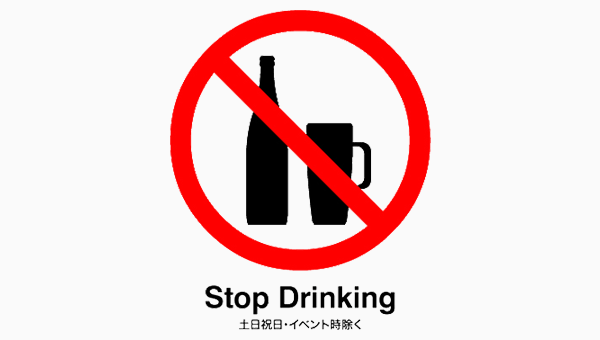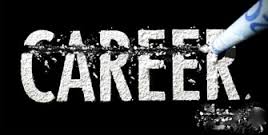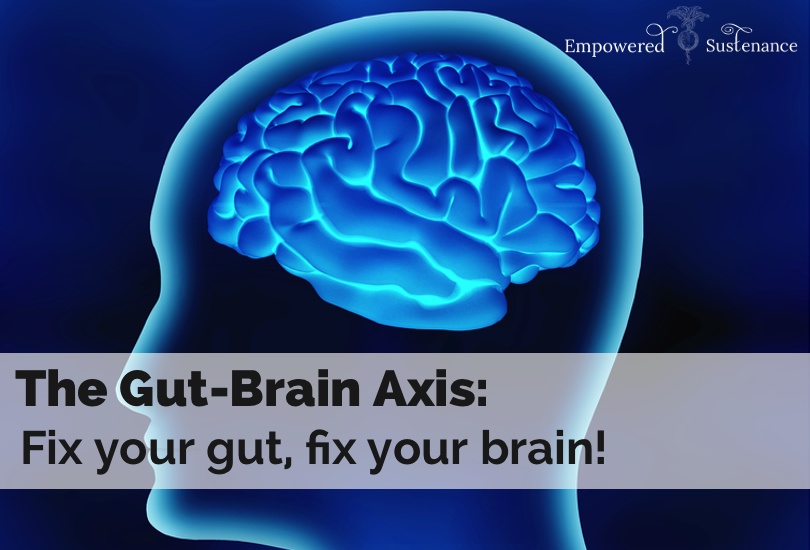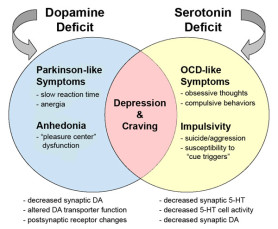Overcoming alcohol drinking temptation for better health
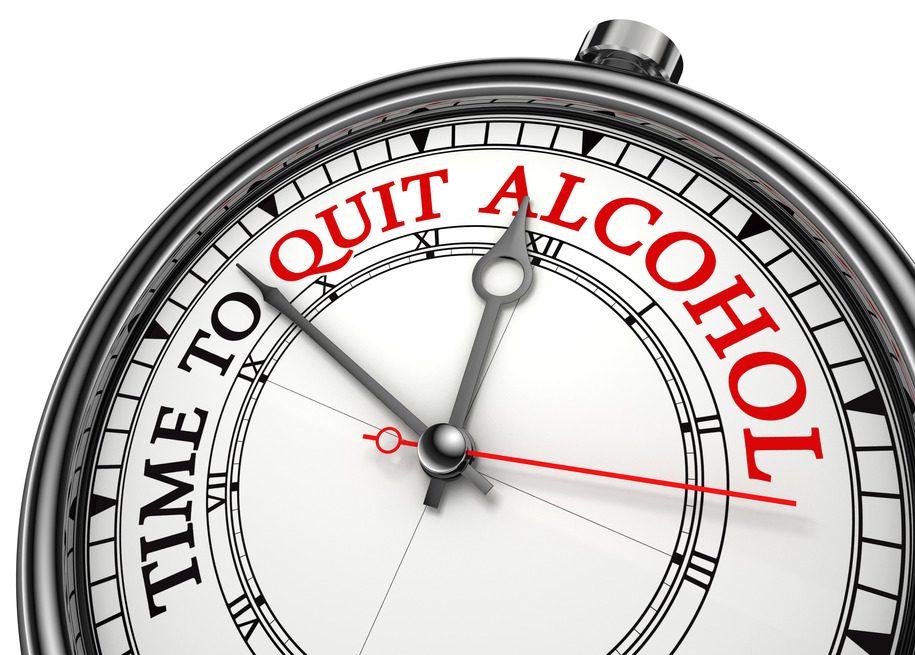
Overcoming alcohol drinking temptation for better health will only be possible when you quit
Overcoming alcohol drinking temptation for better health: Central and peripheral nervous system and mental functioning
Drinking too much alcohol can cause immediate mild neurologic problems in anyone life including insomnia and headache. Long-term alcohol use can physically affect the brain. Depending on length and severity of alcohol abuse, neurologic damage may not be permanent, and abstinence nearly always leads to eventual recovery of normal mental function. And that is why overcoming alcohol drinking temptation for a better life is paramount for all of us.
Effect on Mental Functioning – Recent high alcohol use (within the last 3 months) is associated with some loss of verbal memory and slower reaction times. Over time, chronic alcohol abuse can impair so-called “executive functions,” which include:
- Problem solving
- Mental flexibility
- Short-term memory and
These problems are usually mild to moderate and can last for weeks or even years after a person quit drinking. In fact, such persistent problems in judgment are possibly one reason for the difficulty in quitting. Alcoholic patients who have co-existing psychiatric or neurologic problems are at particular risk for mental confusion and depression.
Overcoming alcohol drinking temptation for better health: Vitamin and Mineral Deficiencies
People with alcoholism should be sure to take vitamin and mineral supplements. Even apparently well-nourished people with alcoholism may be deficient in important nutrients. Luck of vitamin B pose particular health risks in alcoholics. Other vitamin and mineral deficiencies, however, can also cause widespread health problems. The bottom line is that good and proper diet needs to be adhered to at all times.
Folate Deficiencies – Alcohol interferes with the metabolism of folate, a very important B vitamin, called folic acid when used as a supplement. Folate deficiencies can cause severe anemia. Deficiencies during pregnancy can lead to birth defects in the infant.
Wernicke-Korsakoff Syndrome – Wernicke-Korsakoff syndrome is a serious consequence of severe thiamin (vitamin B1) deficiency in alcoholism. Symptoms of this syndrome include severe loss of balance, confusion, and memory loss. Eventually, it can result in permanent brain damage and death. Once the syndrome develops, oral supplements have no effect, and only adequate and rapid intravenous vitamin B1 can help rescue this serious condition.
Peripheral Neuropathy – Vitamin B12 deficiencies can also lead to peripheral neuropathy, a condition that causes pain, tingling, and other abnormal sensations in the arms and legs.
We have listed a number of health conditions critically affected by alcohol consumption on this platform and if you have been with us, you must have realizes how gradual alcohol ruins peoples live. That is why doctor Akoury founded AWAREmed Health and Wellness Resource Center primarily to transform each individual’s life through increasing awareness about health and wellness and by empowering individuals to find their own inner healing power. Dr. Akoury’s practice also focuses on personalized medicine through healthy lifestyle choices that deal with primary prevention and underlying causes instead of patching up symptoms. This explains why if you are struggling with any kind of addiction, then your recovery should begin by calling doctor Akoury on telephone number 843 213 1480 for the commencement of your recovery process.
Overcoming alcohol drinking temptation for better health: Common health conditions
http://regenerativepotential.com/wp-admin

